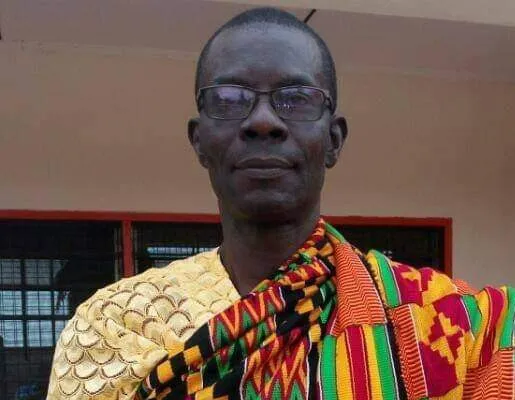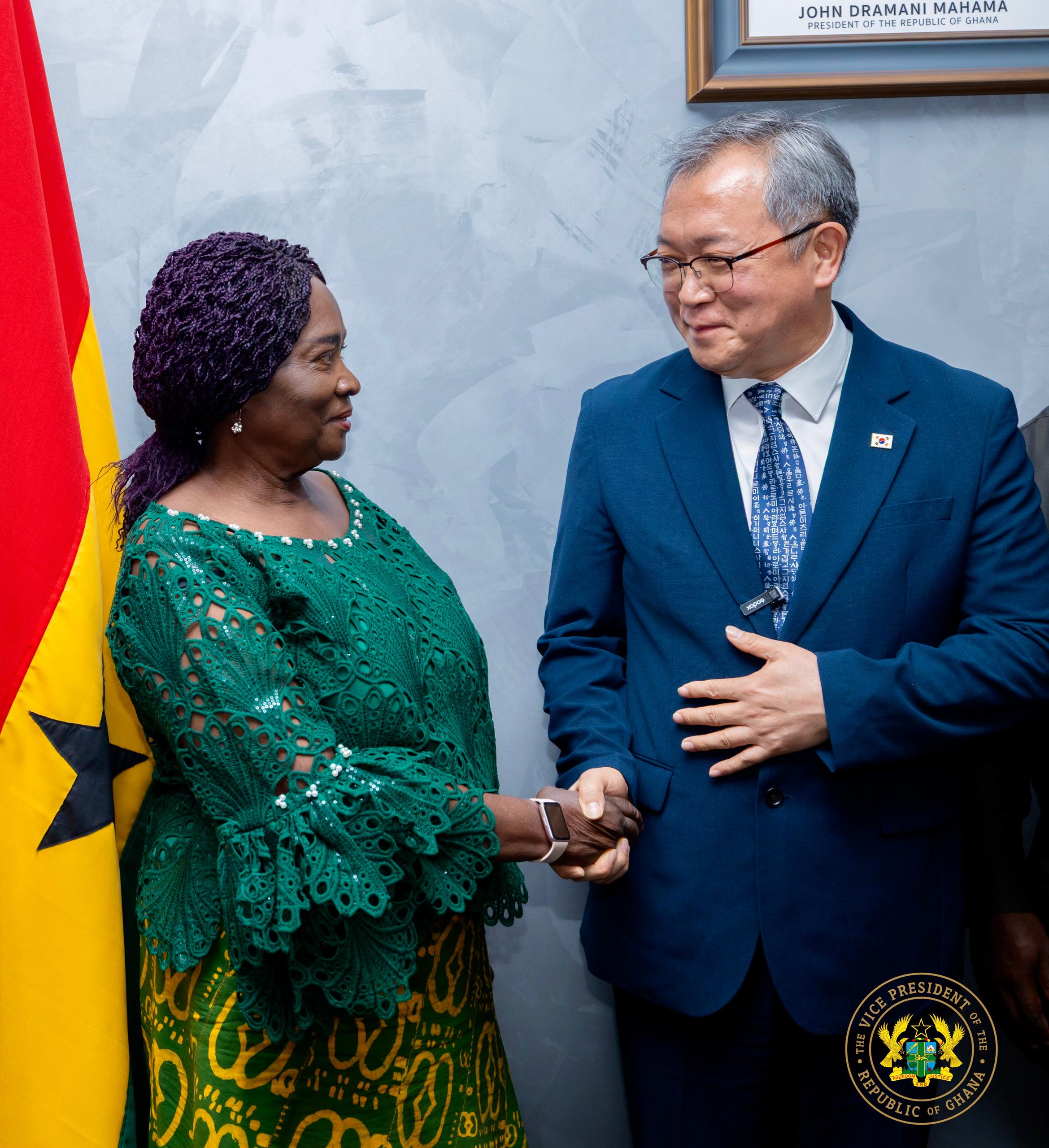Ghana’s Parliament has successfully obtained £800,000 (approximately $1 million USD) from the World Bank to fund a specialized training programme aimed at enhancing the capacity of Members of Parliament (MPs) in economic oversight, budget scrutiny, and public financial management.
Although not yet officially announced, the backing aligns with the World Bank’s ongoing commitment to build legislative capacity in Ghana.
Throughout 2024, Parliament approved multiple World Bank loan facilities including a $250 million loan for energy sector reform that required MPs to evaluate intricate financial agreements.
However, funding delays highlighted skills gaps in the effective assessment of such deals .
The newly secured World Bank grant is designed to strengthen Parliament’s ability to scrutinize public finances and loan agreements more effectively.
The support package includes targeted workshops on macroeconomic analysis, debt sustainability, and financial review processes.
It also facilitates peer learning through exchanges with legislators from other countries engaged in similar reform efforts.
Crucially, the initiative will offer ongoing mentorship and advisory services to help institutionalize robust economic oversight within key parliamentary committees.
A parliamentary spokesperson stated that the initiative is part of broader efforts to ensure Parliament can effectively implement its constitutional mandate to scrutinize government finances, hold ministers accountable, and approve economic reforms.
A senior member of the Finance Committee welcomed the development, noting that “equipping MPs with stronger analytical skills is essential for our democracy and for speeding up critical funding, like the £800,000 is meant to show.”
Ghana’s Parliament has, in the past, stalled critical multi-million dollar World Bank loan approvals due to internal disagreements and limited technical review capacity.
This new training initiative directly addresses those institutional gaps, aiming to strengthen fiscal scrutiny and promote more transparent, timely decision-making especially as Ghana navigates complex negotiations with international lenders and donors.
The effort also aligns with the World Bank’s broader strategy to enhance legislative accountability in partner countries, ensuring that financial support translates into effective governance and sustainable development.
Further details such as the training timeline, participating MPs, or implementing partners are expected once funding is officially confirmed by both World Bank and Parliamentary leadership.
Attention now turns to formal parliamentary communications confirming the launch of the training programme and identifying participating Members of Parliament.
Observers will also be tracking how this capacity-building initiative impacts Parliament’s handling of upcoming loan agreements and national budget reviews.
There is growing interest in whether this marks the beginning of broader reforms potentially leading to the establishment of permanent economic oversight and training structures within key parliamentary committees.
Source: Myxyzonline.com





